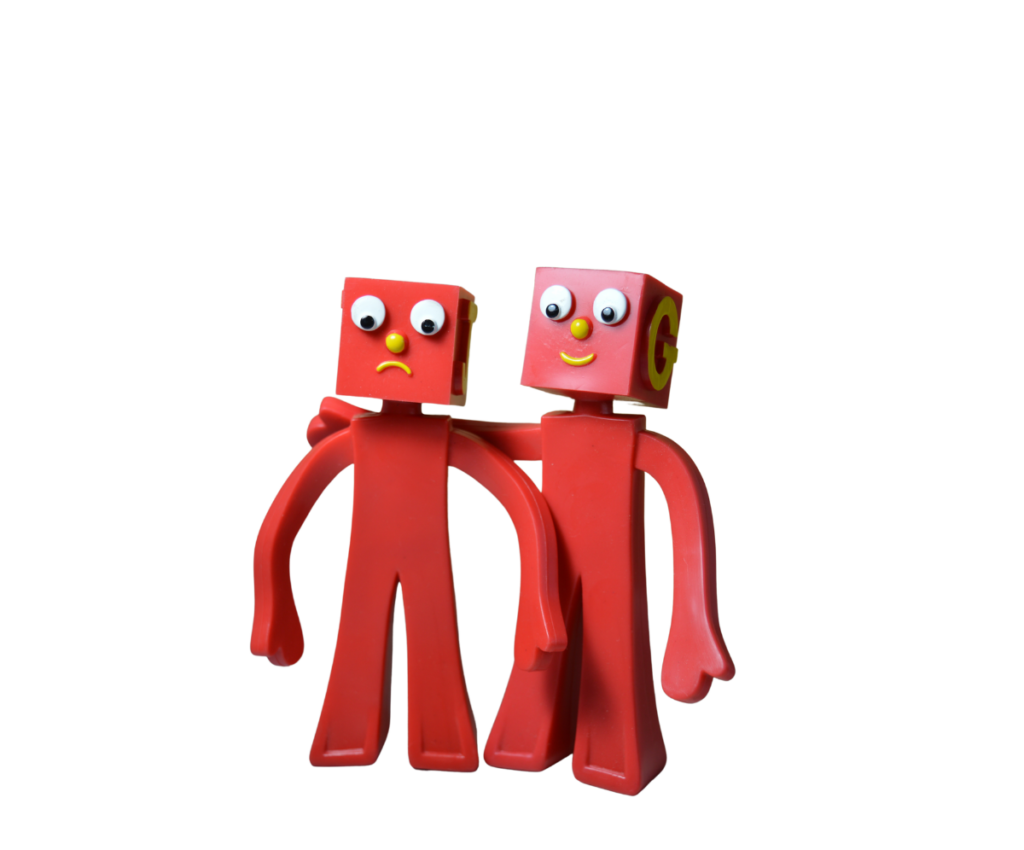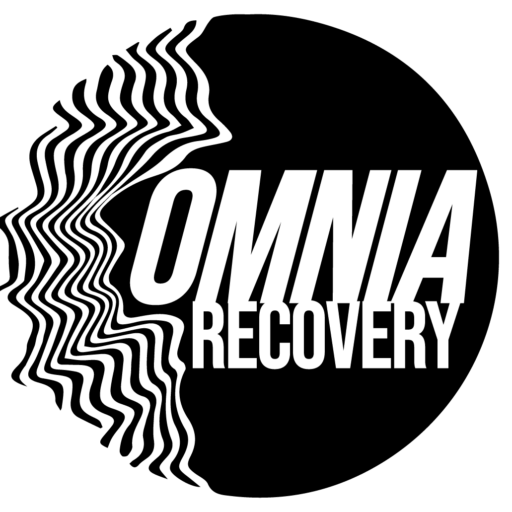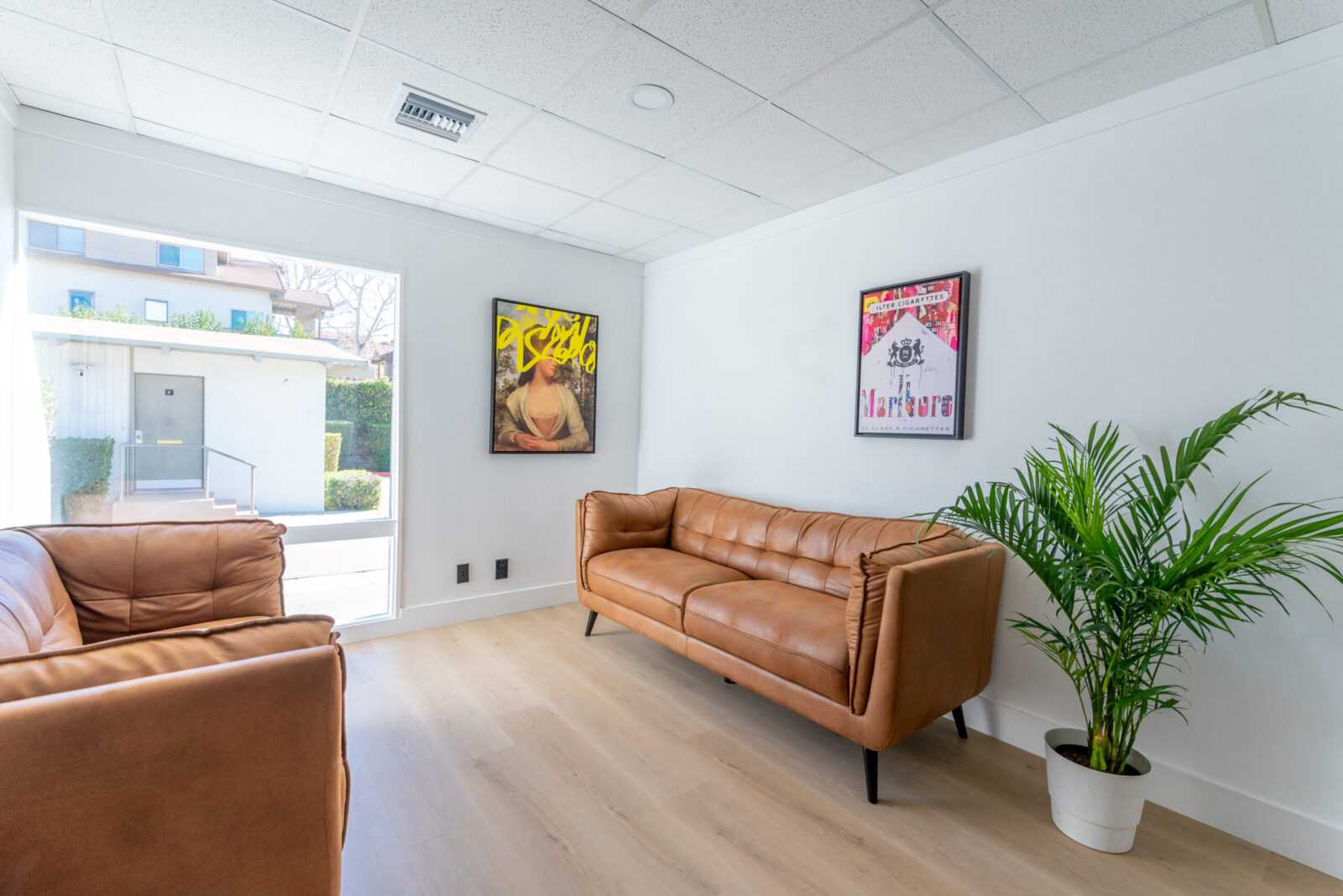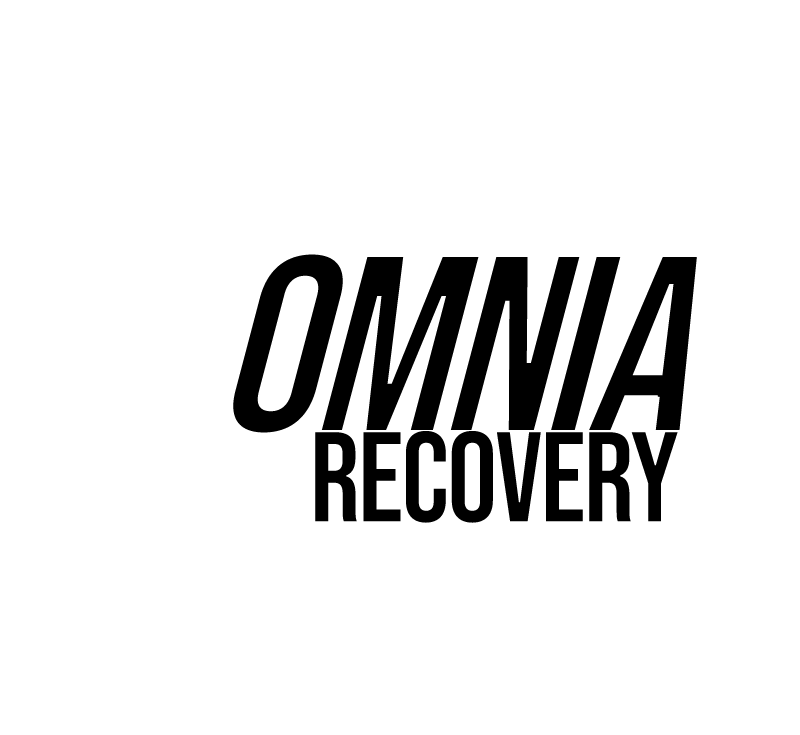Dual Diagnosis Treatment in Los Angeles, California
Dual Diagnosis
Discover how the dual diagnosis program in Los Angeles at Omnia Recovery is redefining what addiction treatment means.
- Omnia Recovery
- TREATMENT SERVICES
- Dual Diagnosis
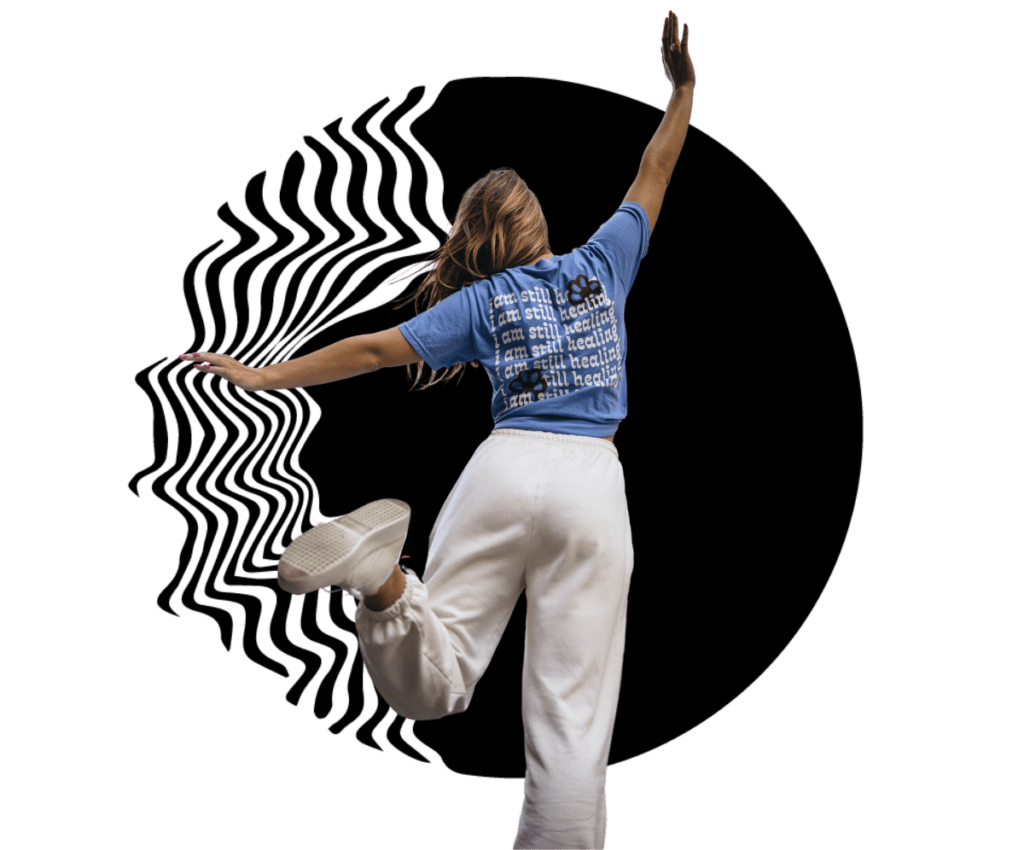
modern dual diagnosis treatment customized to your needs
Dual Diagnosis Treatment in Los Angeles
Table of Contents
Dual diagnosis treatment is often used to help a person manage a mental health disorder and substance use disorder at the same time, which can be a beneficial step toward long-term recovery and relapse prevention. But why might it be necessary to pursue this kind of treatment, and how can it benefit you?
Omnia Recovery is a behavioral health clinic in Los Angeles. Call us today to learn more about how our Southern California dual diagnosis treatment center can help you.
understanding addiction treatment
The Relationship Between Mental Health and Addiction
It’s not uncommon for mental health disorders and substance use disorders to go hand in hand. This trend can be attributed to several factors:
- Many substances can cause a person experiencing addiction to develop symptoms of a mental health disorder.
- The existence of a mental health disorder may make a person more likely to engage in alcohol or substance use, whether recreationally or in an attempt to self-medicate and find relief from their symptoms.
- There may be some similar underlying causes behind both mental health and substance use disorders. Things like differences in brain composition, genetic predispositions, and exposure to high levels of stress or trauma may increase a person’s risk of developing either type of disorder individually or together.
Additionally, the symptoms of mental health and substance use disorders can closely mimic each other. Things like social isolation, changes in mood, and risky decision-making might result from mental health symptoms, or they may come along with substance use behaviors.
What is the connection between addiction and mental illness?
In addition to sharing common root causes and having a sort of symbiotic relationship (where one type of disorder can “feed” another), mental health and substance use disorders might co-occur because some conditions may lead a person to respond more intensely to pleasurable stimuli.
Many concerns related to mental health can be traced in part to a lack or too much of certain brain chemicals–serotonin and dopamine, for instance–that are also involved in addiction. It may come as no surprise, then, that having one might make you more likely to have the other.
Research and clinical observations show that comorbidity (having multiple health conditions at once) is high among those with mental health disorders, SUD, or both.
According to the National Institute on Drug Abuse, the following mental health diagnoses are linked to higher rates of substance use disorders:
- Anxiety disorders: generalized anxiety disorder, panic disorder, and PTSD
- Major depression
- Bipolar disorder
- Attention-deficit/hyperactivity disorder (ADHD)
- Borderline personality disorder, antisocial personality disorder
- Schizophrenia
Comorbidity figures tend to be even higher for those with a serious mental illness (SMI), officially defined at the federal level as a diagnosable mental, behavioral, or emotional disorder experienced by someone 18 years or older that causes serious functional impairment. As many as 1 in 4 people with an SMI also experience a SUD.
This is all to say that if you manage both addiction and mental health concerns, you aren’t alone. In fact, you’re probably in the majority; mental health disorders can make it incredibly challenging to navigate daily life, which makes addiction far more likely to occur. Plus, your brain may be “hard-wired” toward addiction more so than the average person.
That doesn’t mean recovery is impossible, though. What’s most important is getting the proper support.
why Omnia is your best choice for dual diagnosis treatment in Thousand Oaks
The Importance of Dual Diagnosis Treatment
Dual diagnosis treatment aims to address the needs associated with multiple diagnoses that a client may have. In this case, it involves treating both a substance use disorder and mental health symptoms at the same time. Dual diagnosis treatment acknowledges the relationship between multiple types of disorders and how they can contribute to one another, which means it’s one of the best ways to approach long-term symptom and relapse prevention.
As a dedicated, inclusive Los Angeles dual diagnosis treatment center, we at Omnia Recovery understand just how crucial it can be to truly and fully meet a client where they’re at. Below are some of the key benefits associated with our approach to treatment that may resonate with you:
It can be hard to combat addiction without actually getting to the root of the problem. Dual diagnosis treatment may make it possible to get a deeper understanding of what drives your addiction so that you can identify the most effective ways to make a change.
With mental health disorders and addiction often come personalized health needs that can be hard to separate from one another. Something like bipolar disorder may cause mania that’s severe enough to warrant hospitalization, for instance, while a severe alcohol addiction might require medical supervision to properly address. By keeping both types of needs in mind, dual diagnosis treatment centers like Omnia Recovery can properly support clients physically and emotionally.
People who stop following their treatment plan may be more likely to relapse. As a result, a plan that encompasses the challenges that might come with a person’s mental health concerns may be a necessary part of sustaining new behaviors and working toward recovery.
we are here for you
How Dual Diagnosis Treatment Works
If you’re on the hunt for a Los Angeles dual diagnosis center, you’ll likely first benefit from having some idea of what you can expect from your treatment. Here are some of the basics.
To address addictive behaviors
As might be the case for standard addiction rehab, you can expect dual diagnosis treatment to take steps to get to know your addictive behaviors and work to limit or prevent them.
Achieving this goal might include things like:
- Behavioral interventions: talk therapy and group therapy, for example
- Necessary monitoring as a client halts use of a substance
- Support resources for friends, family, and other loved ones
To address mental health concerns
As you begin to challenge your addiction and find new ways to change your habits, you’ll likely also be working in earnest on any relevant areas of need related to your mental health.
Exact treatment methods can vary depending on the person and the diagnosis(es) in question, but in general, you can expect to participate in things like:
- Therapy and group sessions
- Psychiatric evaluations
- Appropriate medical care and prescription medications
Through this combined approach, you can take care of your mind and body at the same time. Plus, you may be more likely to feel empowered in your ability to combat an addiction with so much weight on your shoulders.
Get a Confidential Callback Right Now
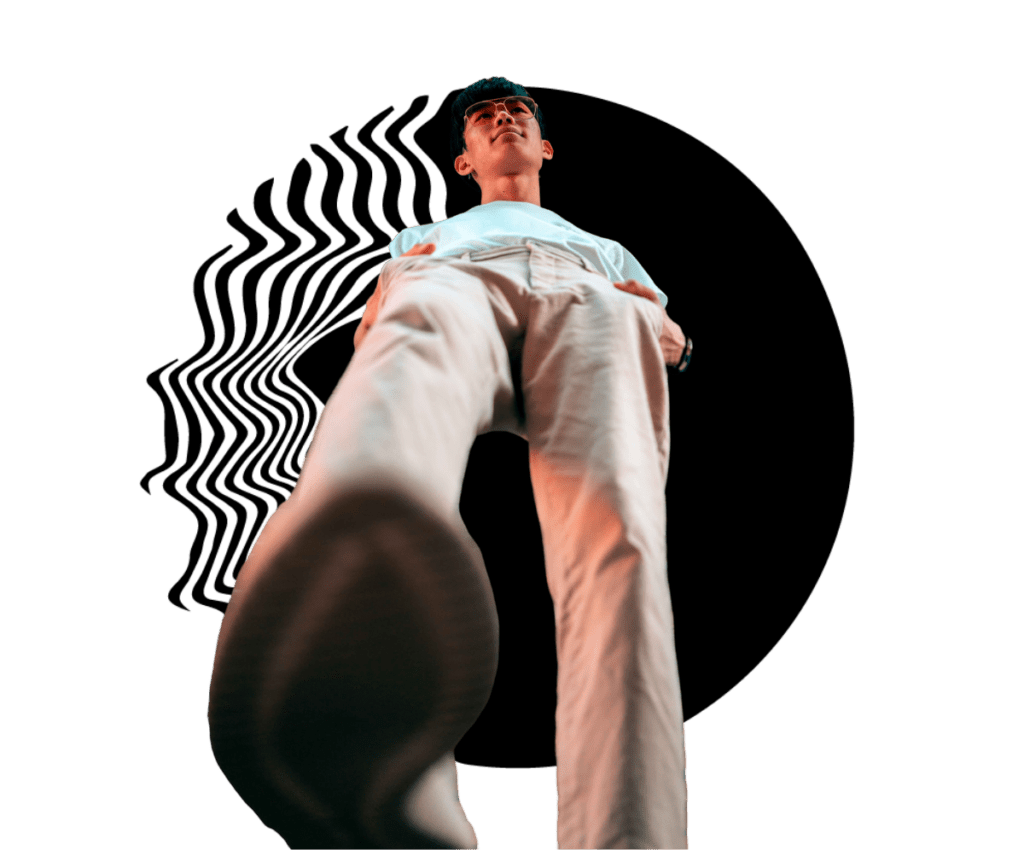
our innovative treatment program can help
Find the Best Dual Diagnosis Treatment in Los Angeles
At our Ventura County mental health treatment center, we know just how vital the connection between mental health and battling addiction can be. That’s why we offer a variety of therapies and activities backed by evidence to effectively promote mental, physical, and emotional health.
No matter what your specific challenges related to mental health or substance use may be, we’re here to help. We’re a top source for an outpatient rehab in Ventura County for a reason: we offer personalized, comprehensive approaches to support you as you pursue your goals. Contact us for a consultation or to learn more.
Unique Location
Our modern, newly renovated treatment facility is more than just a rehab. We offer a safe space where you can recover + have fun!
Modern Approaches + Therapies
Here at Omnia Recovery, we offer an innovative approach to treatment by combining traditional, evidence-based and holistic therapies.
Experiential Therapies & More
From art + music therapy to group outings and volunteering, Omnia Recovery wants you to learn that there is fun to be had in recovery.
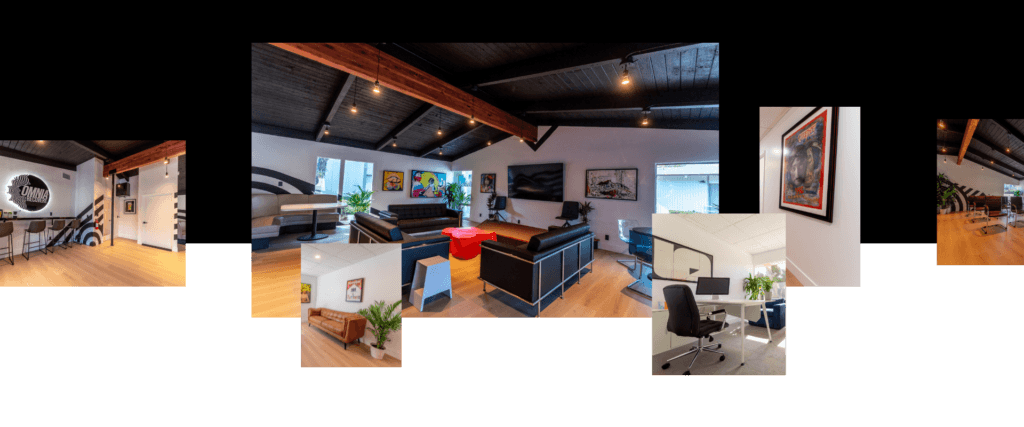
What Our Clients Have To Say
the Omnia difference in intensive outpatient
The intensive outpatient program at Omnia Recovery in Thousand Oaks provides tailored treatment options that work for you. Our modern program & facility offer you refuge from the chaos of addiction and a network of constant support. Choose Omnia Recovery if you are ready to change your life for good.
your insurance can pay for treatment
We Work with Most Insurance Providers
Don't See Yours?
Contact Us!
